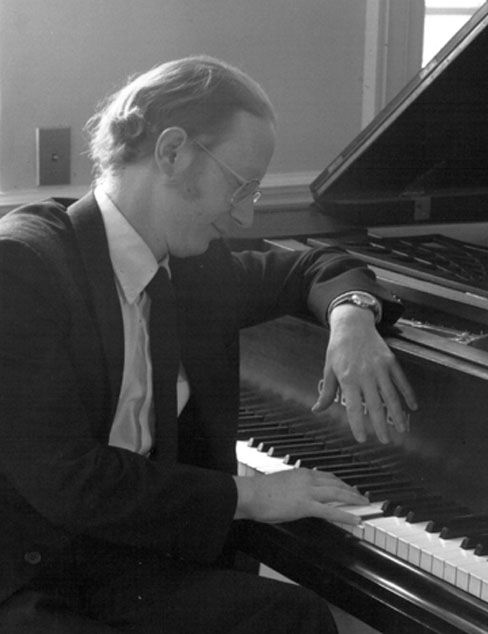Musical intelligence benefits other forms of intelligence
Musical intelligence is developed in early childhood.
.....Informal musical "instruction" or influence or modeling by the parent
.........the parent who plays classical music recordings
.........the parent who sings simple lullabies to their baby
.........the parent who sings even simpler music to their toddler
.........the parent who gives bits of instruction in "mental hearing"
.....More formal musical instruction before age nine.
.........singing by rote moving toward reading music
.........instrumental instruction
.........piano and violin instruction especially benefit from an early start
Musical intelligence is mental hearing.
.....Memory of pitch and rhythm
.........pitch is intuitive math (vibration rates mathmatically related)
.........rhythm is concrete math (durations of time mathmatically related)
.....Anticipation of the next note or rhythmic event
.....Recognition of reoccurring or varied patterns of notes and rhythms
Mental hearing is developed with 'simple' melodies.
.....Classical music too complex for certain forms of development
.........classical- larger pattern recognition; "the listening ear"
.........folk music- smaller pattern recognition
.........simple chants- specific pitch recognition; "the singing ear"
.....Certain cute and endearing songs still too complex
........."The Itsy Bitsy Spider" is entertaining, but too complex
........."Rock a Bye Baby" too complex
........."Hot Cross Buns" is good,
............but the 3-2-1 structure
............is the harder part of the pentationic scale
........."Ring Around the Rosie" is more intuitively easier to tune
........."Jesus Loves Me This I Know" starts with the intuitively easy
............and then moves to the 3-2-1 structure
.....By 'simple', we mean 'minor third emphasizing',
.........and 'few pitches containing';
.........not just short melodies per se.
Mental hearing continues with singing
.....Singing is encouraged by parental modeling
.....Some born aptitude for music may be lost in a non-singing culture
.....A singing culture-
.........a good example is the Rennaisance period
.........another good example is appalachian note-reading- "Southern Harmony"
Our present culture is pitch dull
.....Pitch is right brain
.....Rhythm is left brain
....."Rap" is cool, but very left brain,
.........words and rhythm are left brain
.....Right brain is "intuitive" and fuzzy
.....Left brain is "rational" and practical; seems more "macho"
.....Early right brain development "prefeeds" later complex left brain processes
Musical intelligence builds general intelligence
.....coordinates both sides of the brain
.....a possible Rennaisance or "rebirth" of our culture
Friday, May 30, 2008
Subscribe to:
Post Comments (Atom)

No comments:
Post a Comment